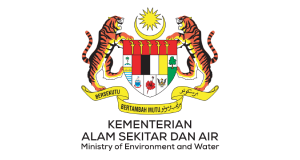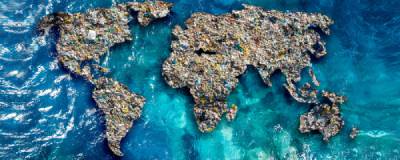About SEA of Solutions
SEA of Solutions (SoS) is an annual partnership event towards solving plastic pollution at source. It is convened by the United Nations Environment Programme (UNEP) and the Coordinating Body on the Seas of East Asia (COBSEA), through the SEA circular Project supported by the Government of Sweden.
Serving as a platform for multi-sectoral dialogue and collaboration, SEA of Solutions unites seekers and providers of market-transforming policy, business, and technology solutions, thus enabling connections among stakeholders in the plastic value chain.
Overview
The COVID-19 pandemic has had an immense impact on public, economic and environmental health. As the world continues to battle against an invisible enemy, a more obvious and potentially longer-lasting threat emerges with the rise of single-use plastic, which not only burdens waste management systems but ultimately threatens life on land and life below water.
In a bid to save lives and prevent contagion, immediate measures were introduced at the onset of the pandemic such as the use of personal protective equipment. Moreover, additional measures and new consumption patterns were observed including extensive use of food delivery and e-commerce, delays or reversals in single-use plastic bans and even the reintroduction of reusables in business establishments and cities.
In 2020, SEA of Solutions participants explored and addressed priorities in the region to help combat a resurgence in the use of plastics in response to the impacts of the pandemic. This year, SEA of Solutions will revisit and showcase actions and innovations to support countries, industries and communities to get back on track and build back better – with renewed commitments, solutions and clear directions on the way forward.
Objectives
The SEA of Solutions 2021 theme calls upon plastic value chain stakeholders to engage and unite in “Accelerating solutions to reduce plastic waste” by exploring policies, partnerships, innovative technologies and financing that help address present challenges and mitigate the potential impacts of future disruptive global events like the pandemic.
Specifically, the event aims to:
- Discuss challenges and opportunities in implementing regional, national and local strategies on plastic waste prevention and disposal;
- Explore innovative financing mechanisms that could help accelerate a transition towards a less plastic waste future;
- Feature latest digital technologies to support evidence-based decision-making approaches to combat plastic pollution;
- Present tools and incentive models to support businesses and social enterprises in measuring, reporting and reducing their plastic footprint; and
- Promote consumer advocacy and outreach to beat plastic pollution.
Past events
Coordinated by
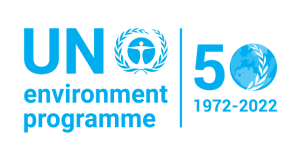
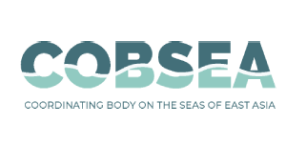
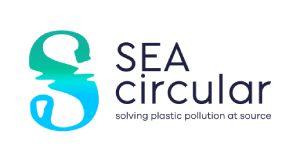
Supported by
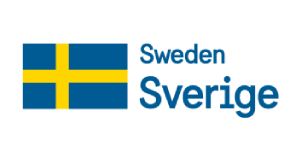
Co-hosted by
